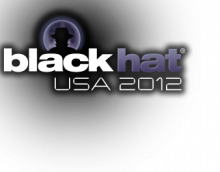Artists go to extreme lengths to avoid music hackers
It's almost a daily occurrence in the music industry - a half-finished track by an artist being leaked online.
Some acts have been explaining the extraordinary lengths they go to to try to prevent hackers getting to their incomplete material before its release.











































































